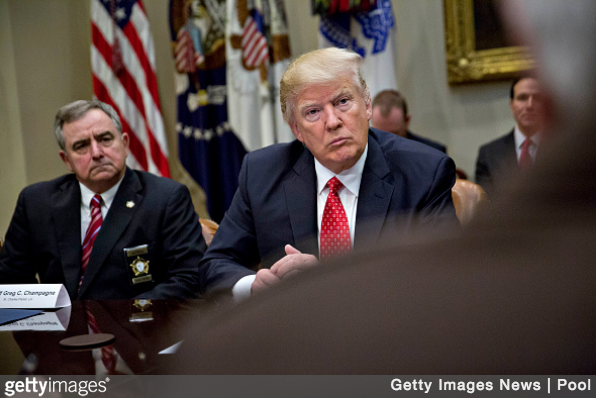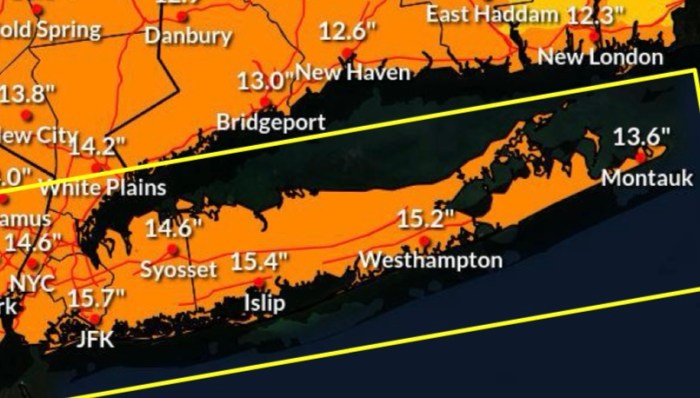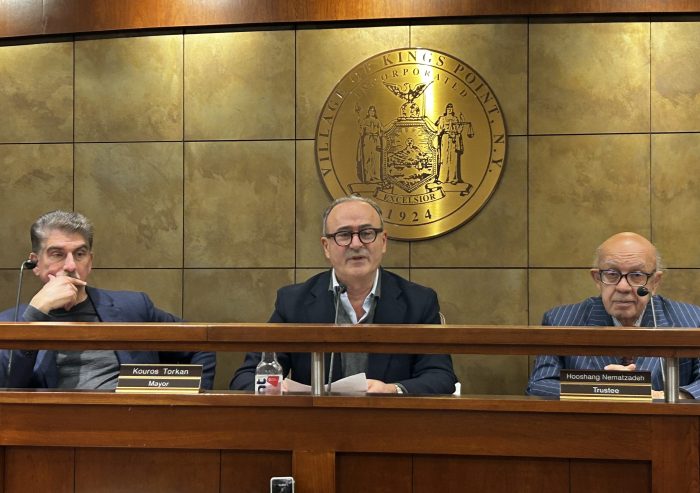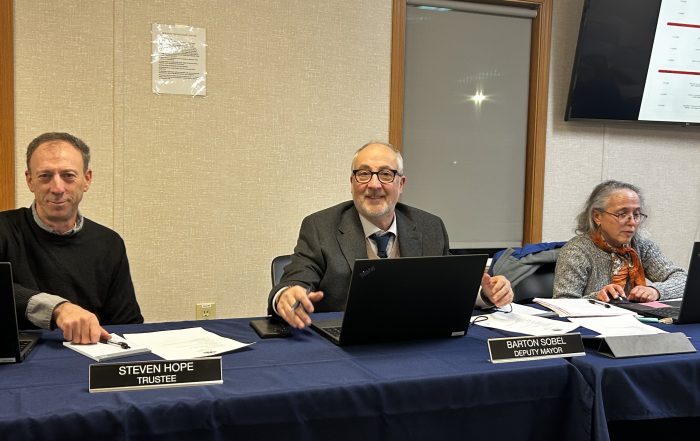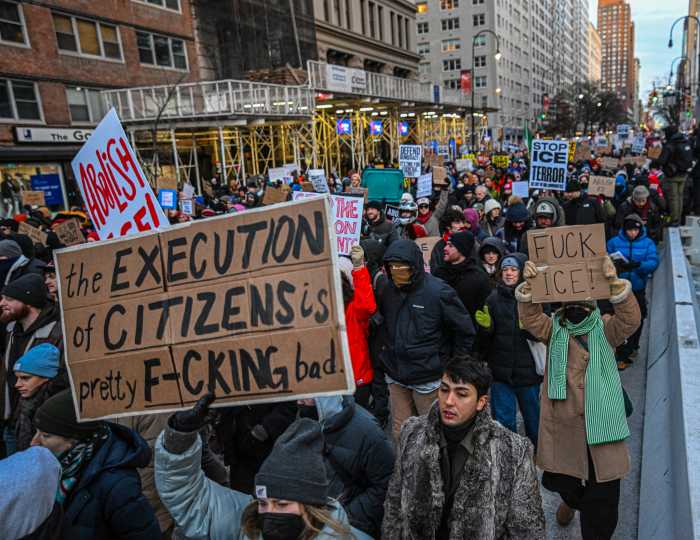As a presidential candidate, Donald Trump called for a ban on Muslims entering the country, proclaimed that Islam hates the United States, and admitted months later that his proposed ban had morphed into “extreme vetting from certain areas of the world.”
Trump’s controversial remarks about a religion worshiped by 1.6 billion people worldwide endeared him further to his supporters, but those same words are coming back to haunt him now that he’s president.
In a stinging rebuke to his second attempt to block mostly Muslim immigrants from entering the United States, U.S. District Court Judge Derrick Watson in Hawaii placed a temporary hold on the president’s executive order just hours before it was to go into effect. Overnight, a federal judge in Maryland overseeing a separate challenge to the ban put a hold on the order’s 90-day prohibition for new visas.
Watson’s sweeping decision marks yet another blow to the young administration’s attempt to restrict travel among immigrants, 15 months after then-candidate Trump first proposed his now infamous Muslim ban.
The executive order, which was signed March 6, would’ve prohibited for 90 days the issuance of new visas from six Muslim-majority countries and put a hold on the nation’s entire refugee resettlement program.
Watson not only considered the executive order as written, but surprisingly, its intent, which he ruled violated the establishment clause of the U.S. Constitution prohibiting religious hostility. The ruling is a win for not only the state of Hawaii, whose state attorney general sued the administration, but also civil rights groups who’ve remained adamant that the bans were implicitly biased against Muslims.
“[T]he Executive Order causes harm by stigmatizing not only immigrants and refugees, but also Muslim citizens of the United States,” Watson wrote in his 43-page decision.
The ruling surprised many observers, who considered the administration’s changes to the original order would’ve made it more difficult for potential plaintiffs to argue standing in court.
Watson considered 15 months worth of remarks on the topic made by Trump and his associates, including his senior advisor Stephen Miller and former New York City Mayor Rudolph Giuliani.
In his decision, Watson cited a handful of comments from Trump, including his Dec. 7, 2015 press release calling for a ban on Muslims entering the United States in the wake of the terror attacks in Paris and the slayings in San Bernardino, Calif.
“I think Islam hates us,” Trump said in an interview with CNN’s Anderson Cooper on March 9, 2016. Asked if there was a war between the West and Islam, Trump responded: “It’s very hard to separate because you don’t know who’s who.”
Pressed last July on whether he was softening his stance on Muslim immigration, Trump clarified his position.
“I don’t think it’s a [pull-back]. In fact, you could say it’s an expansion,” he said. “I’m looking now at territories. People were so upset when I used the word Muslim. Oh, you can’t use the word Muslim. Remember this. And I’m okay with that, because I’m talking territory instead of Muslim.”
In a presidential debate last October, Trump was asked if he remained tethered to the concept of a Muslim ban.
“The Muslim ban is something that in some form has morphed into a[n] extreme vetting from certain areas of the world,” he replied.
Trump was not the only person to undercut the administration’s argument in the eyes of the court.
Watson recalled Giuliani’s remarks on Fox News after the first ban was instituted, in which he admitted Trump sought advice on how to legally implement a “Muslim ban.”
“When [Mr. Trump] first announced it, he said, ‘Muslim ban,’” Giuliani said. “He called me up. He said, ‘Put a commission together. Show me the right way to do it legally.’”
On Feb. 21, Miller, Trump’s senior advisor, told Fox News that the new ban mirrored the first.
“Fundamentally, you’re still going to have the same basic policy outcome for the country, but you’re going to be responsive to a lot of very technical issues that were brought up by the court and those will be addressed,” Miller said. “But in terms of protecting the country, those basic policies are still going to be in effect.”
Remarkably, Trump on Wednesday night called the new ban a “watered down” version of the original, which could perhaps further undermine the administration’s ability to convince a future judge to overturn the restraining order. During a speech in Tennessee, Trump slammed the decision an example of “judicial overreach” and vowed to fight the ruling by taking the case “as far as it needs to go.”
That Watson so resoundingly disregarded the government’s argument was a surprise to some. The administration tried to avoid another unfavorable ruling by eliminating references to religious minorities, adding language to protect legal U.S. residents, including Green Card holders, and by shutting down entirely the nation’s refugee resettlement program.
The administration has argued that the president has broad authority to decide who’s allowed into the United States under the Immigration and Nationality Act of 1965.
Watson, however, said it was within the court’s powers to consider the motives of the government, which administration lawyers cautioned against.
“The government appropriately cautions that, in determining purpose, courts should not look into the ‘veiled psyche’ and ‘secret motives’ of government decisionmakers and may not undertake a ‘judicial psychoanalysis of a drafter’s heart of hearts,’” Watson wrote. “The government need not fear. The remarkable facts at issue here require no such impermissible inquiry. For instance, there is nothing ‘veiled’ about this press release:
“‘Donald Trump is calling for a total and complete shutdown of Muslims entering the United States.’”




